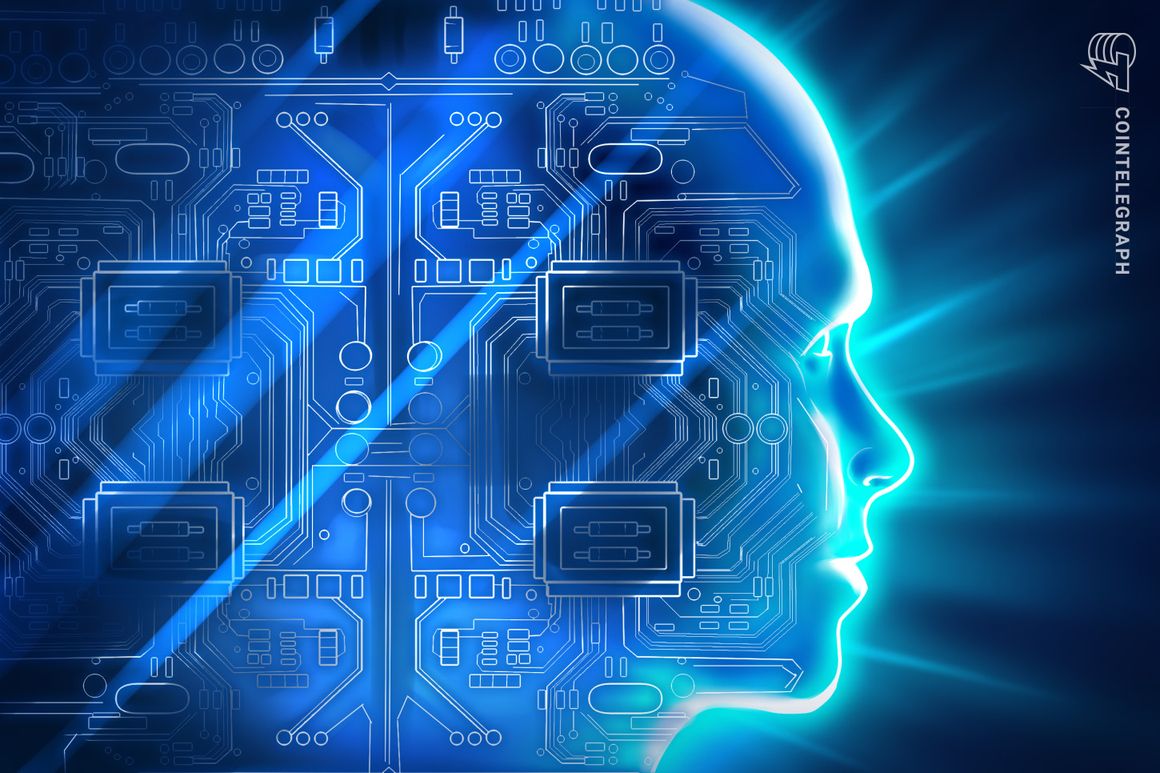From voice assistants to algorithms predicting global market trends, artificial intelligence (AI) is seeing explosive growth. But as with any emerging
From voice assistants to algorithms predicting global market trends, artificial intelligence (AI) is seeing explosive growth. But as with any emerging technology, there comes a point where innovation risks giving way to oversaturation.
The rapid proliferation of AI tools and solutions in recent months has ignited discussions among industry experts and investors alike. Are we witnessing the zenith of AI’s golden age, or are we on the precipice of a market saturated beyond capacity?
The tech landscape has always been dynamic, with innovations often outpacing the market’s ability to adapt.
Historical tech boom-and-busts
The late 1990s saw the dot-com bubble, a period marked by exuberant optimism around internet-based companies. Startups with little more than a web presence achieved staggering valuations, only for many to crash spectacularly when the bubble burst.
In 2017, the world witnessed a surge in initial coin offerings (ICOs), a fundraising method where new cryptocurrency projects sold their underlying tokens to investors.
This period was marked by immense enthusiasm for the potential of blockchain and decentralized technologies. However, excitement often overshadowed the practicality and viability of many projects.
As a result, investments were made in ventures that either had limited real-world applications or, in some cases, no genuine ties to cryptocurrency whatsoever.
Recent: Google paves way for AI-produced content with new policy
A notable example was during 2017’s “blockchain naming” trend with the company previously known as “Long Island Iced Tea Corp.” The company made soft drinks and had little to do with blockchain. In a bid to capitalize on the blockchain hype, the company rebranded itself as “Long Blockchain Corp.”
Following this rebranding, the company’s stock price soared, with shares rising by an astonishing 275% in just one day. This increase, despite no substantial shift in its business model or operations, highlighted the speculative nature of the market at the time and the lengths to which companies would go to ride the blockchain wave.
The enthusiasm was short-lived, however. According to Bitcoin.com, almost half of the projects offering ICOs in 2017 had failed by February 2018.
AI’s impact goes beyond speculation
While the dot-com and blockchain bubbles were characterized by speculation and, at times, a lack of authentic value, the AI wave is fundamentally different.
Companies like Microsoft and Google are not just dabbling in AI — they’re integrating it into products and services that millions use daily, showcasing real-world applications that are actively improving industries.
Michael Koch, co-founder and CEO of HubKonnect — an AI platform for local store marketing campaigns — told Cointelegraph:
“The AI market feels saturated because people who thought they were technologists and failed at crypto are now moving onto the next hot technology, which is AI — but there are actually real builders and leaders in AI. There needs to be advanced eyes out there for people to really continue to build and take advantage of the evolution of AI.”
Google’s generative AI, Google Bard, attracted over 140 million visitors in May alone, sports teams are receiving real-time analytics, and AI chatbots are becoming more time and cost-efficient.
The modern AI gold rush
The allure of artificial intelligence has led to a surge in AI-driven tools, solutions and startups. According to Precedence Research, the global artificial intelligence market was valued at $454 billion in 2022 and is projected to grow to $538 billion in 2023.

Venture capital (VC) has been a significant funding source for the AI sector in 2023. Data from PitchBook indicates that generative AI startups raised over $1.7 billion in Q1 of 2023, with an additional $10.7 billion worth of deals announced that were not yet completed.
Some of the most notable raises included Google-backed Anthropic, which secured $450 million at a reported $5 billion valuation. Builder.AI raised $250 million. Mistral AI managed to raise $113 million without a product or even a proof-of-concept. With the injection of VC thrown at these AI startups like wildfire, one can draw some similarities to the ICO bust. In that situation, there was also a lot of hype without any actual use cases or proof of viability. However, what distinguishes AI is its multitude of use cases and real-life examples of success. Take, for instance, ChatGPT, which rapidly reached 100 million users in just two months, demonstrating AI’s tangible impact.
Yet, with this rapid growth and high valuations, some feel the AI market is overheating. JPMorgan’s chief markets strategist, Marko Kolanovic, believes the AI market is near its saturation point. As reported by Forbes, Kolanovic said the recent market uptick is a result of an “AI-driven bubble” and that the hype around the technology was due to the “popularization of chatbots that often fail in basic…
cointelegraph.com

COMMENTS